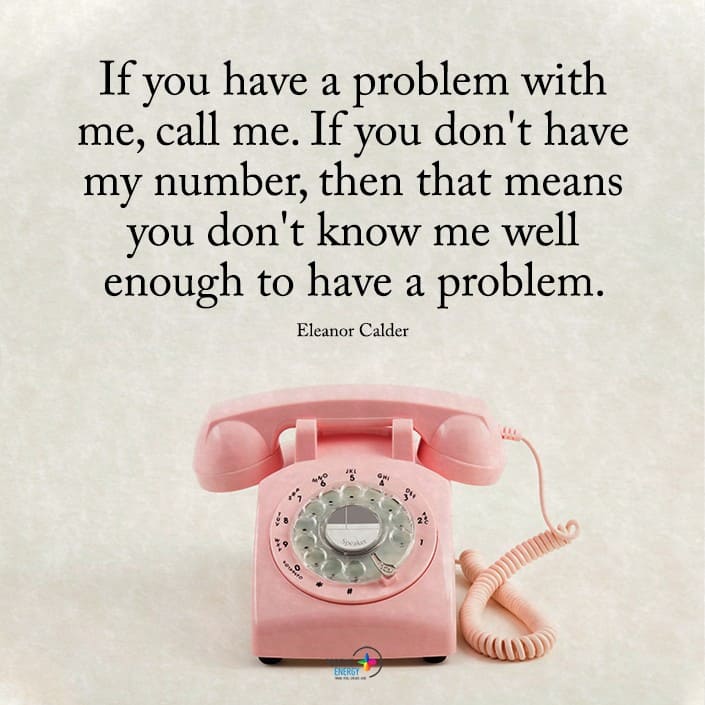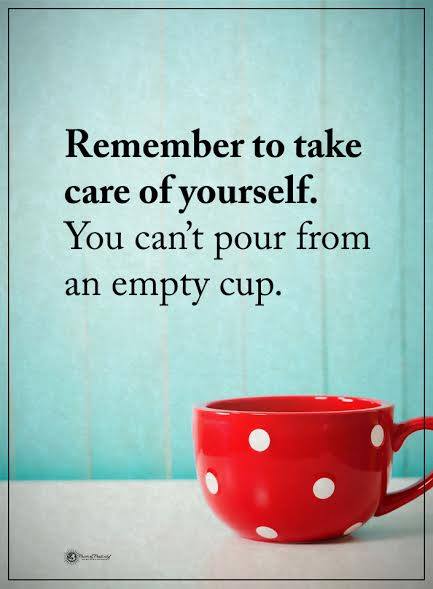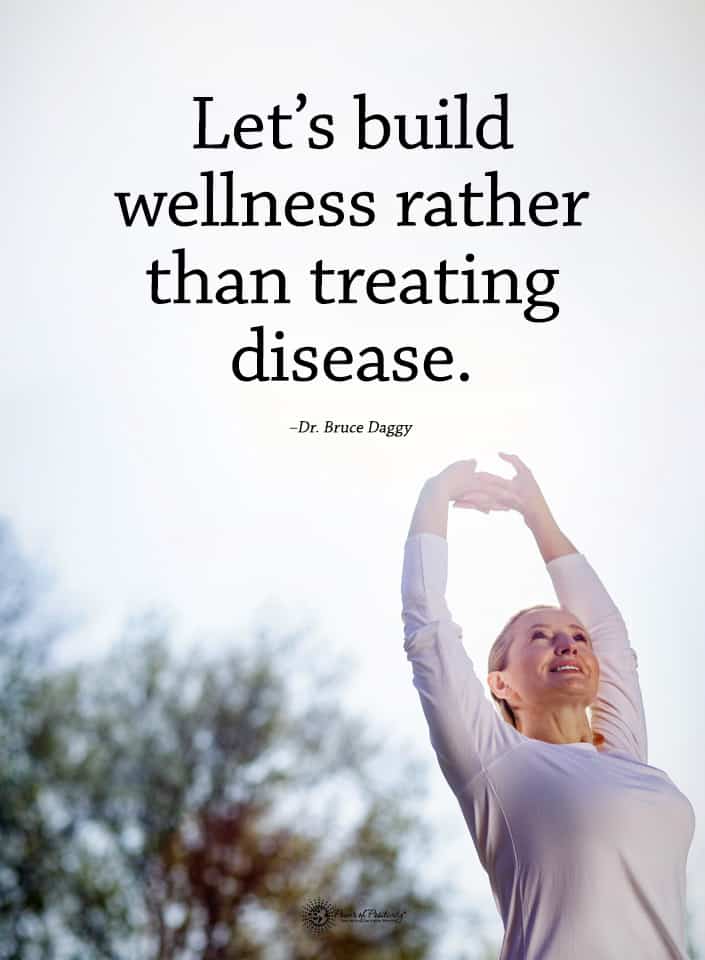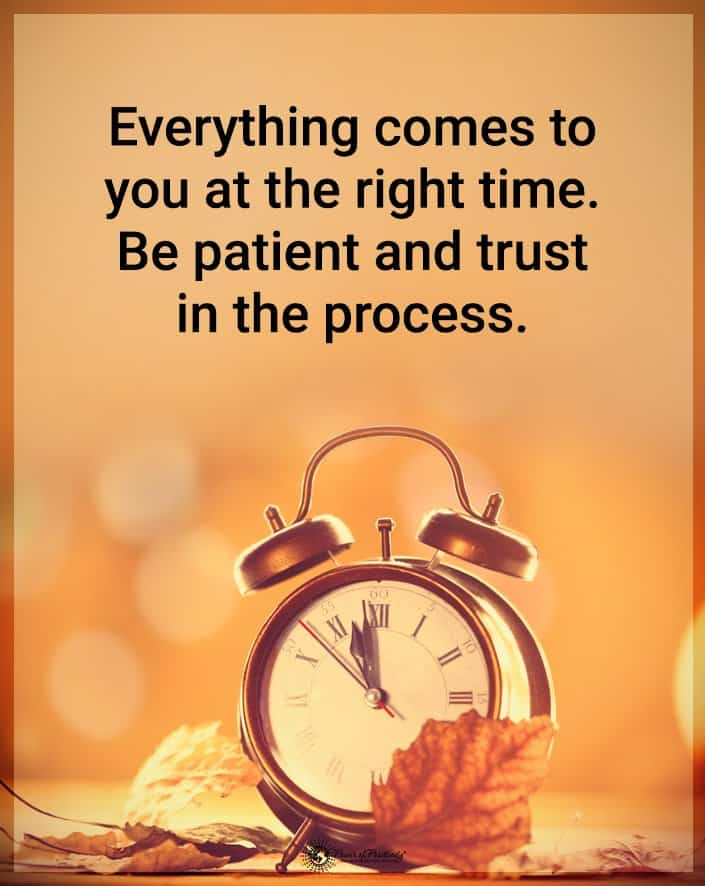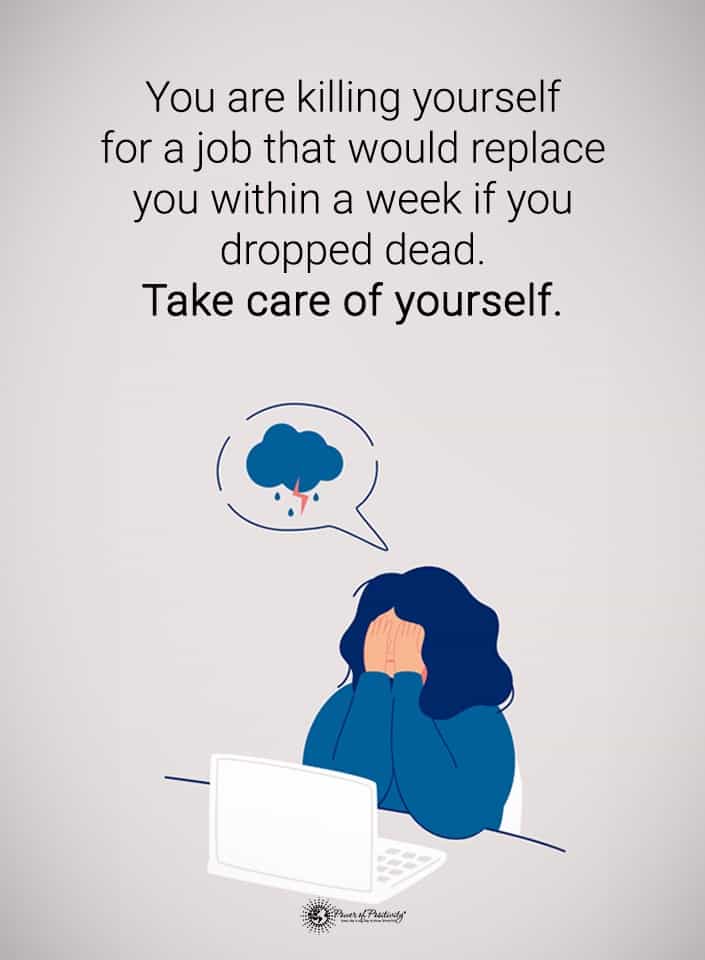Breaking up with someone is challenging whether you make the decision or the other person did. It leaves you feeling vulnerable, and you might constantly be on the verge of tears. Wanting the pain to end is likely at the front of your mind when suffering after a breakup.
It might seem like the pain will never end, but you’ll heal after a breakup. While all timeframes for letting go are different, you will experience happiness in life again. Many factors play into how long it’ll take to heal, so don’t rush your journey.
A breakup causes heartbreak, resulting in intense emotional pain. You lost someone you loved or cared about deeply, and it’s sure to affect you. It’s only natural that you have a hard time with it, but you can find comfort knowing the pain won’t last forever.
Before you know it, the pain will only be a distant memory. You’ll look back on this time in your life and see the joy that you didn’t recognize at the time. Give yourself time and trust that you’ll feel better and find happiness.
How Long It Takes to Heal After a Breakup
Scientists have narrowed it down while there’s no definitive answer to how long it’ll take you to heal after a breakup. Research shows that it takes about eleven weeks to recover after a breakup. Not only will you heal, but you’ll also begin to see the beneficial effects of the split.
Researchers studied a group of college students who had recently gone through a breakup. After an average of eleven weeks, the participants experienced increased positive emotions, empowerment, confidence, and happiness.
Having an endpoint in mind will help you with moving on. It’ll help you feel better, even if you don’t follow that exact 11-week timeline. Some people will take a little longer, while others seem to move on in a matter of weeks.
Another study found that participants gradually experienced less distress over ten weeks. After the 10-week mark, the participants felt better. This information was discovered by having participants complete a survey every two weeks.
Research also indicates that participants had positive experiences resulting from the breakup. People said that they learned a lot about themselves and grew emotionally. Use this information to find comfort and hope you’ll feel happy and experience benefits from this situation.
How Short-Term and Long-Term Relationships Change the Recovery Time
If you’re coming out of a long-term relationship, including marriage, the recovery time will likely be longer than the eleven weeks. Experts say it can take around two years to get over a long-term relationship break up or divorce.
However, your timeframe might differ no matter how long your relationship was. Breakups are tough, so don’t make it any harder by stressing about a timeline. Take it at a comfortable pace and acknowledge your progress along the way.
You might need more time to recover, especially if the relationship was meaningful and fulfilling for you. Whether you heal within the 11-week mark or not, find comfort knowing that you will find happiness again.
Consider the factors determining how quickly you might heal, then give yourself a little grace. You can speed up the process and help yourself using tips that have helped others before.
Your Healing Depends on These Four Influencing Factors
While you can use the 11-week mark as a guideline, your recovery time will depend on several factors. If you’ve experienced multiple breakups, you’ve likely noticed the process varied for each. Keep that in mind as you move forward, and consider the following:
1 – How Committed You Were
The more invested you were in the relationship, the more complex the breakup will be. If you thought your relationship had potential, but your partner unexpectedly ended things, you might take a little longer.
The breakup will be even more difficult if you have already moved in together. Discussing marriage or children also shows a serious commitment that could make letting go harder.
2 – Infidelity
If your partner cheated on you, your process might take longer. Not only are you coping with the end of your relationship, but you also must cope with the broken trust. Betrayal can have lasting effects on your mental health, making it harder for you to trust people in the future.
3 – The Relationship Quality
Being in a healthy relationship has a positive effect on your overall well-being. However, it might be a relief if you and your partner fought often, had communication problems, or experienced high tension levels. You’ll be upset and heartbroken initially, but moving on could happen sooner than expected.
4 – Whether You Were Dumped or Did the Dumping
While it’s still hard, ending a relationship will make moving on easier. However, if you were dumped, moving on might take longer.
The person who gets dumped often experiences feelings of rejection, making them question who they are. So, not only will they have to overcome the heartbreak, but they’ll have to heal from the other negative emotions, too.
Four Helpful Tips for Moving on After a Breakup
You can try a few things to help you along to ensure the quickest process possible. While you must give yourself time to heal, you can take steps in the right direction. These tips can be helpful if you can’t stop thinking about your ex.
1 – Write About the Relationship
Before you start writing, make sure to think of the positive aspects of your relationship. The American Psychological Association shared that writing about the positive parts of your relationship can improve your emotions. You can type out your feelings or write them in a journal but focus on positivity.
Additionally, writing about your relationship will help you stop thinking about it. As you get your thoughts out on paper, they’ll pop up less frequently. Not thinking about your ex is a definite step in the right direction.
2 – Take Time to Grieve After a Breakup
The end of your relationship marks a turning point in your life. Things will be different now, and it’s okay to grieve for what you’ve lost. Breakups come with many painful feelings, and you must work through them.
Pushing your intense feelings away and pretending you’re fine won’t help. You must face and address the emotions you experience during this time. The only way to let go is to work through feelings of sadness, betrayal, anger, despair, and anything else.
3 – Spend Time with Friends and Loved Ones
Social support can make all the difference in moving on. Your friends and loved ones can offer emotional support as you discuss what happened. They can also help distract you by doing things you enjoy or surprising you.
Most importantly, your friends and loved ones can provide company when you don’t want to be alone. Chances are, you’ll find that you don’t want to spend time alone after a breakup. You must surround yourself with people who love and support you rather than whoever is available at the time.
4 – After a Breakup, Be Sure to Practice Self-Care
After a breakup, you might not want to get out of bed or take care of yourself. This behavior is okay for the first few days, but you must get together and practice self-care. Returning to your routine can bring a structure back to your life, helping you redevelop a sense of normalcy.
Take care of your physical needs first to ensure you have the energy and nutrition it takes to heal. Focus on eating well, drinking water, exercising, and sleeping well. Then, focus on your mental health and address any concerns.
Additionally, set aside time to relax and pamper yourself. While pampering yourself isn’t the only thing self-care is about, you still deserve it during this challenging time.
How to Know When You’ve Healed
There’s no way to know when you’ve healed after a breakup, but there will be some signs. You might notice that you:
- Can think about the good times together without experiencing pain
- Stop avoiding shared activities or favorite places
- Feel complete and whole as an individual
- Are interested in dating again
Final Thoughts on Expert Explains How Long it Take to Heal After a Breakup
Healing after a breakup takes different timeframes for everyone. However, you can find comfort in knowing that many people feel better after only 11 weeks. No matter how long it takes, you will feel better and find happiness again.
Give yourself time to heal and be patient along the way. It’s an imperfect process that is different for everyone. Remember that you’ll recover, and use the tips mentioned here to help move forward.






